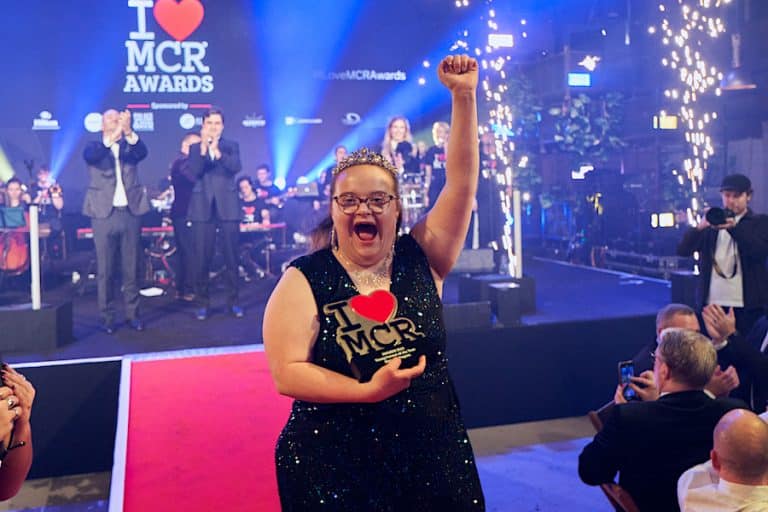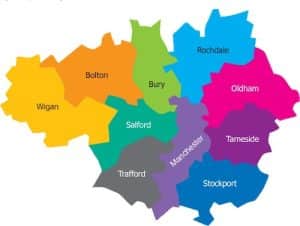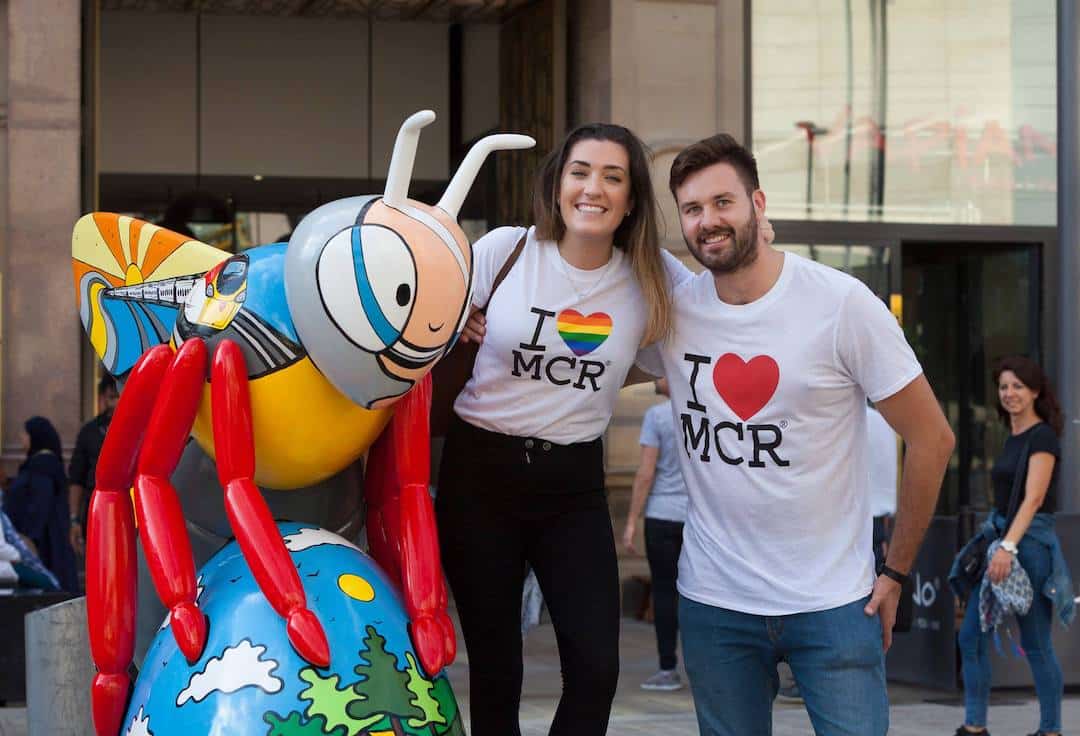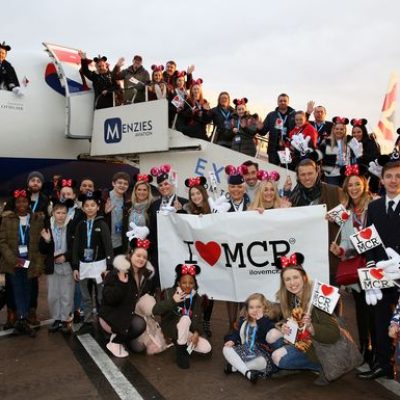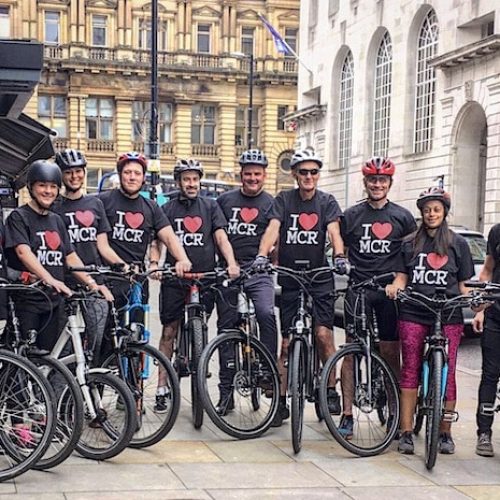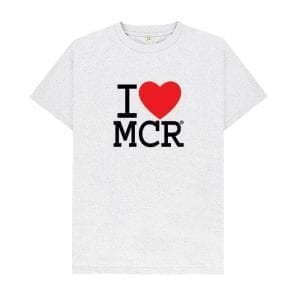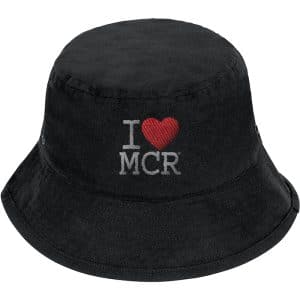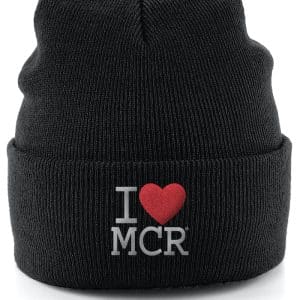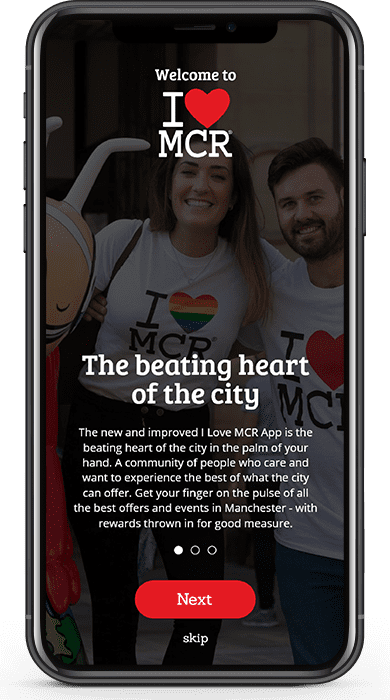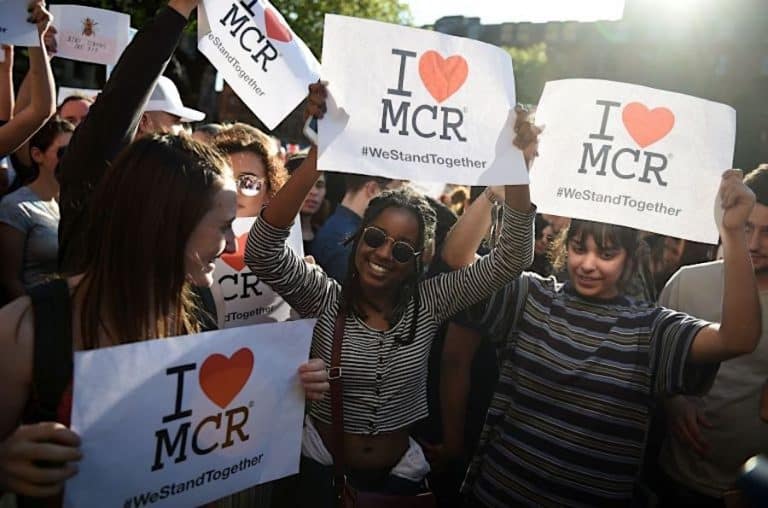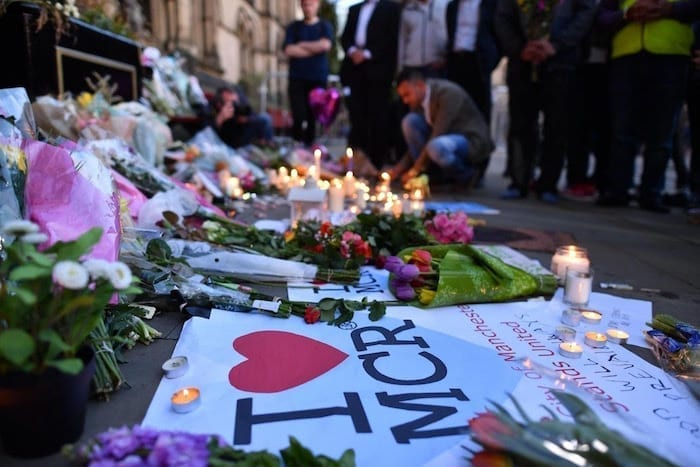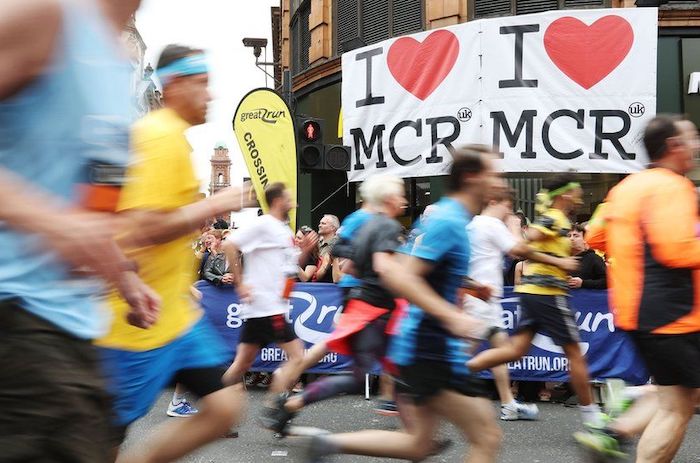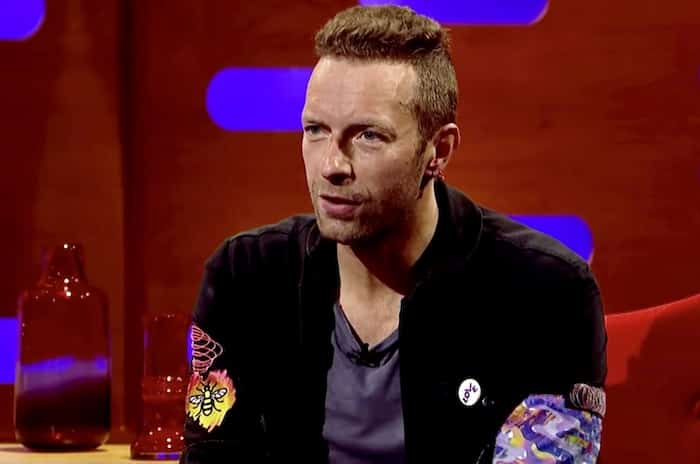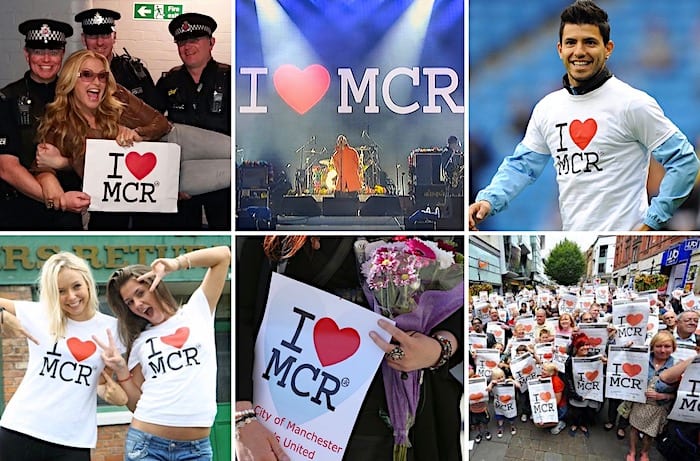Located in the north-west of England, Manchester is the economic hub of the north with a population of over half a million proud people who reside in the city centre, and more than 2.8 million people live across the ten boroughs of Greater Manchester.
A brief history of Manchester
It’s been said, ‘what Manchester does today, the rest of the world does tomorrow’. The world’s truly modern city paved the way with a wealth of world-first innovations.
Manchester was the heart of the Industrial Revolution, a city that makes history and shapes the future.
The place where mankind first split the atom. The invention of the first modern computer; The first free public library in the country. The first totally artificial waterway. The first city with gas street lighting. The world’s first proper railway. The city of the suffragettes. The birthplace of graphene, the world’s thinnest material.
Manchester is a vibrant world-class city. Rich in social and cultural history, and a rich mix of old and new. Unlike other metropolises, Manchester is a resilient city that adapts to changing circumstances. An ever-morphing constellation of stories, personalities and moving parts that embraces everyone with open arms. This warm reception informs daily life and a unique sense of civic pride. It’s expressed through the endearing custom of greeting strangers in the street and how coffee shops feel like laid back community lounges.
Manchester’s civic pride
Manchester is a global city. As the city’s fortune swelled in the 19th century, so did its civic pride. Manchester’s elite saw the city as the new Venice and commissioned grand buildings and monuments, taking architectural inspiration from across the ages.
Manchester’s architectural crown and glory – and focus of its civic pride – is in its town hall. Built to rival the great buildings of London, this is an architectural gem that proclaimed, ‘this is Manchester, and we’ve arrived.’ Held in trust for Mancunians and the nation by the council, it’s the city’s favourite wedding venue and a stage set for TV & film. It even features on its own Royal Mail stamp.
Best place to live and visit
Whether you were born here or drawn here, Manchester is a multicultural city that welcomes people from all over the world with amenities for people of all backgrounds. It’s one of the most ethnically and linguistically diverse cities in the world, with more than 150 languages spoken.
But this city is more than just a destination. Manchester is home.
Apart from Manchester music and football, the key to the city’s success on the world stage is its togetherness.
Manchester has been named one of the top 10 cities to visit by Lonely Planet, the UK’s most liveable city by The Economist and one of the best places in the world to go by The New York Times.
Manchester today
Manchester may no longer be England’s industrial powerhouse, but it’s a city that’s never stopped dreaming. Across the city, daring new projects, innovations and ideas continue to capture the world’s attention.
Today, the city’s greatest asset is still its people. Manchester’s unique sense of civic pride and resilience – and its ability to stand together in solidarity.
Just count the cranes, and you’ll know that Manchester is developing all the time and shows no sign of slowing down. This is why it’s been predicted that the city’s population will rise by 56,000 before 2034.
Manchester has been ranked as one of the greenest cities in the UK thanks to the city’s commitment to recycling and investments in public transport and cycling routes.
A city to be admired and replicated – not just in the UK but worldwide.
A city with a glorious past and, perhaps, an even greater future.
Today, Manchester is in the middle of a cultural renaissance. So the only question is: what will Manchester do tomorrow?
That’s up to you.
